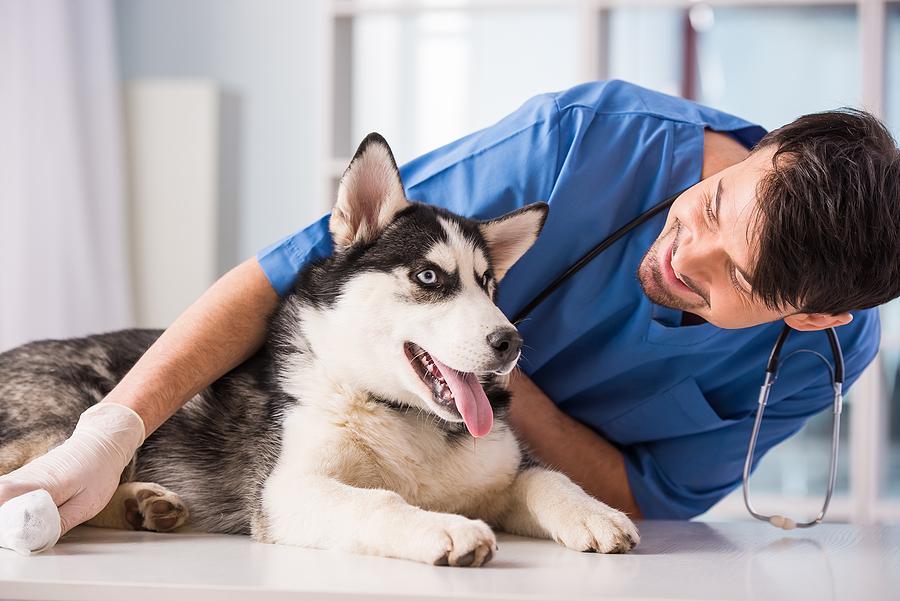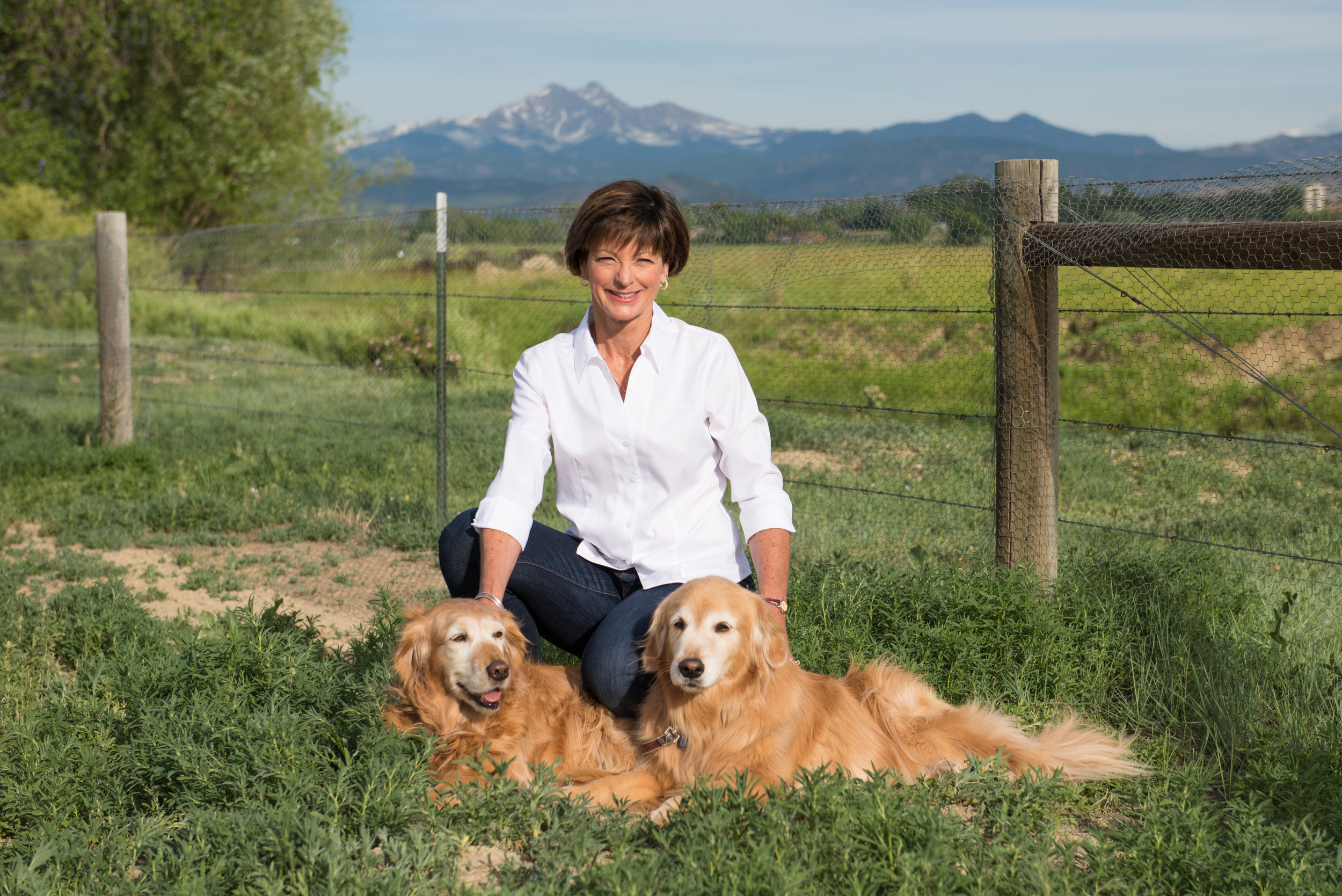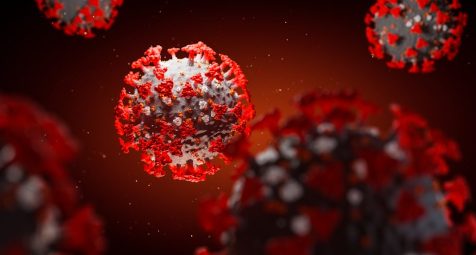19 Nov COVID-19: CVMA member benefits and resources
Many of CVMA’s regular offerings to members can help ease some of the stress and pain associated with COVID-19. Read below how CVMA’s resources can help you and your practice. Career Center: Find a job, post a job all in the CVMA Career Center. Job-seekers can post their resume for free; employers enjoy members-only discounts on job postings. Learn more. Relief listings: Looking to hire relief support? Looking to offer your services as a relief veterinarian? CVMA members receive FREE 30-day relief listings on the CVMA website. Learn more. Discounts on services: Save money...












